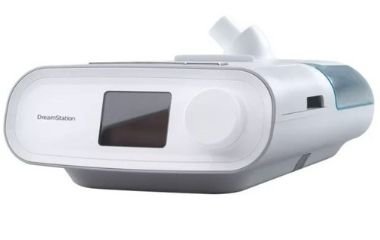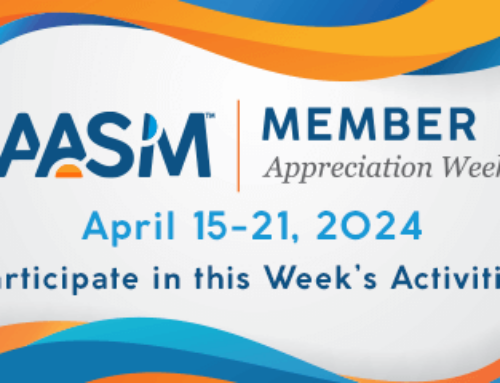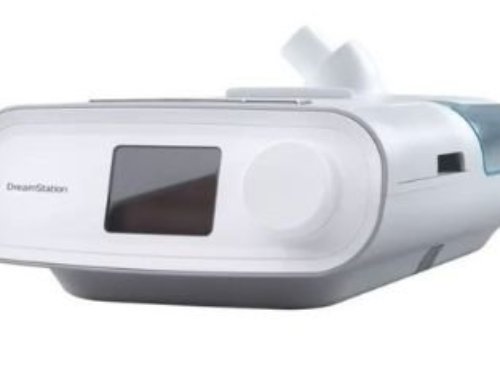The AASM and several medical societies and patient advocacy organizations submitted a letter on June 22 to the durable medical equipment (DME) Medicare administrative contractors (MACs) requesting support from the Centers for Medicare & Medicaid Services (CMS) for patients affected by the recall of certain positive airway pressure (PAP) devices manufactured by Philips. The AASM also sent a similar letter to more than 200 private payer contacts.
The medical device recall notification was issued by Philips on June 14. The letter coordinated by the AASM expresses concern that the recall will disrupt treatment for patients with obstructive sleep apnea (OSA), many of whom will be unable to meet the CMS adherence requirements before their device can be fixed or replaced. Therefore, the letter requests that CMS temporarily suspend the 90-day adherence rule for continued coverage of a PAP device.
The letter also requests that CMS provide flexibility to allow and cover the costs of replacing recalled devices during the 5-year reasonable useful lifetime. According to the letter, DME suppliers should be allowed to repair or replace the recalled equipment without requiring documentation of a new clinical evaluation, sleep test or trial period, and patients should not be responsible for the repair or replacement costs.
The letter also was signed by:
- Alliance of Sleep Apnea Partners (ASAP)
- American Academy of Neurology (AAN)
- American College of Chest Physicians (CHEST)
- American Sleep Apnea Association (ASAA)
- American Thoracic Society (ATS)
Learn more about AASM payer advocacy.
UPDATE 6/28/21: On June 28, the DME MACs posted several frequently asked questions for DME suppliers. One response clarifies that during the COVID-19 public health emergency, which likely will remain in place for the entirety of 2021, CMS has instructed the DME MACs to not enforce clinical indications of coverage (e.g., 90-day adherence metric) for the types of respiratory devices involved in the voluntary recall. Another response notes that once a beneficiary gets the new replacement equipment, the beneficiary has the option to restart the 90-day adherence trial, or they may resume meeting the adherence metric where they left off. The DME MACs instruct the supplier to notate their records if the recall impacted the beneficiary’s adherence timeline.









